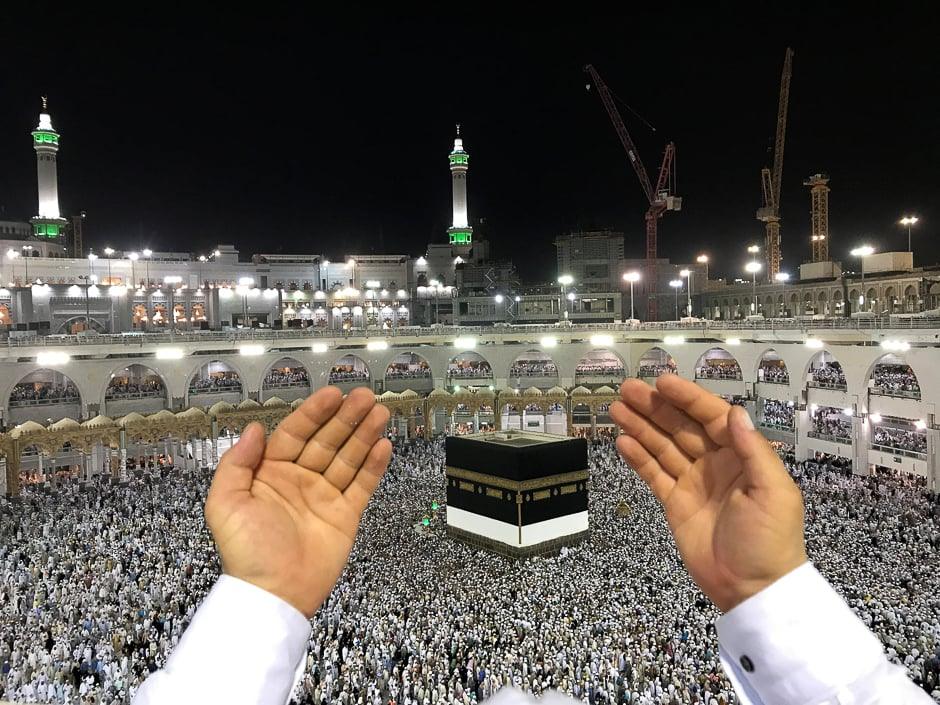Pakistani Pilgrims, which performs Hajj this year, will benefit from unprecedented and historic facilities, including fully air -conditioned camps and improved accommodation, according to Director Hajj of Makkah, Azizullah Khan.
Talking to Radio Pakistan On Tuesday, Khan said that Pilgrims from Pakistan will remain in upgraded camps in Mina equipped with sofa cum beds, plasterboard and air conditioning for the first time, a major upgrade from previous events with floor mattresses and air cooler. Elevated luggage storage racks have also been added to improve comfort.
“Dedicated teams work around the clock to oversee food, health and transport schemes for maximum relief of pilgrims,” Khan said, adding that 99 percent of Pakistani Pilgrims have received their Nusuk cards, the official Hajj benefit and identification tools introduced by the Saudi authorities.
Pilgrims will be accommodated in top-tier hotels and residential buildings in Azizia and Batha Quraish neighborhoods in Makkah. They will also receive specially designed Hajj sets, including a bag with the Pakistani flag, a QR code for identification and important information.
In addition, a mobile application will provide access to HAJJ group data, training plans, airline and accommodation details and live location cards through the pilgrimage.
Saudi Arabia has also expanded its use of digital tools such as Nusuk, Hajj Navigator, Tawakkalna and Asefny apps to streamline the pilgrim experience, ensure security and offer real-time guidance.
In Pakistan, mandatory HAJJ training began on January 18 with all relevant details available via Pak Hajj 2025 mobile app.
For the first time under the Government Hajj scheme, Pilgrims has been offered the opportunity to pay in three light rates, and all financial transactions related to the pilgrimage have been fully digitized for greater transparency and accountability.
To support Pilgrims’ health needs, Pakistan’s Hajj Medical Mission has established hospitals in both Makkah and Madinah, in addition to two dispensers in Madinah and nine in Makkah, all of which are fully operational.
A surveillance cell has also been created to help private pilgrims and solve any problems they may encounter. Specialized devices, including a wheelchair desktop, are available to meet the needs of the elderly or physically challenged pilgrims.



